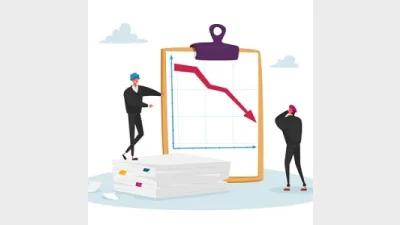Median growth fund slips 1.1% in February



Despite the losses in January and now February, the median return over the first eight months of the financial year remained positive at 1.4%.
Chant West senior investment research manager, Mano Mohankumar, said that concerns around Russia’s invasion of Ukraine dominated market sentiment in February.
“Markets reacted nervously but once again, however, we saw the benefits of diversification at play.
Mohankumar said the share market remained the main driver to performance as the average growth fund had 55% allocation to listed share markets.
“The conflict in Ukraine resulted in international shares falling 2.8% in hedged terms in February, and the appreciation of the Australian dollar over the month increased the loss to -5.5% in unhedged terms,” he said.
“However, Australian shares were actually up 2.1% for the month. That, along with the fact that growth funds have about 45% allocated to a wide range of assets other than listed shares, helped limit the overall loss to 1.1% for the month.”
Mohankumar said that while the Growth category is still where most people have their super invested, a meaningful number were now in so-called ‘lifecycle’ products.
“Most retail funds have adopted a lifecycle design for their MySuper defaults where members are allocated to an age-based option that’s progressively de-risked as that cohort gets older,” he said.
Recommended for you
CPA Australia urges the ATO to extend compliance support for small businesses facing major system changes ahead of Payday Super reforms.
Superannuation funds ramp up collective efforts to counter rising cybercrime, updating standards and sharing intelligence across the industry.
The regulator has fined two super funds for misleading sustainability and investment claims, citing ongoing efforts to curb greenwashing across the sector.
Super funds have extended their winning streak, with balanced options rising 1.3 per cent in October amid broad market optimism.









